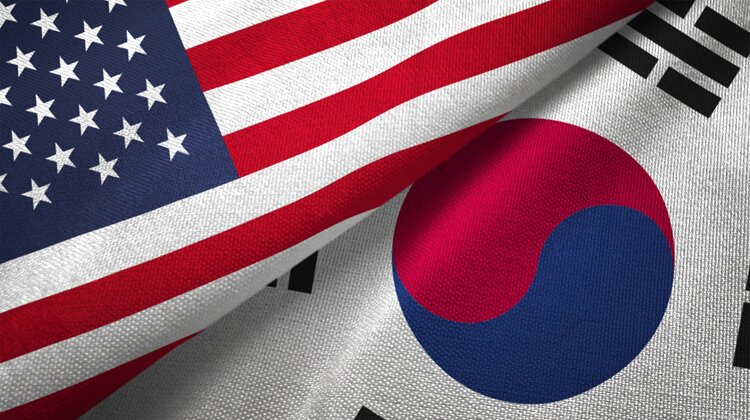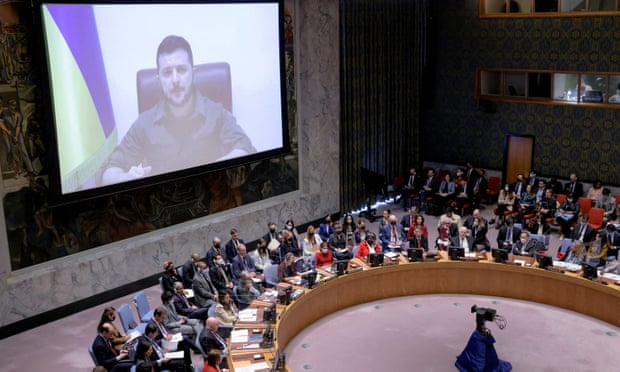
To the New Administration: Prepare for the Age of Economic Security
In the past, South Korea’s trade strategy was to fend off pressures to increase imports from greater powers and open up overseas markets for Korean businesses. However, the efficiency of this tactic has been diminishing due to the rapid growth of Korean conglomerates. In Washington, the administration maintains direct communication lines with Korean companies. President Joe Biden invites Samsung Electronics to every semiconductor supply chain meeting. Prominent political figures regularly visit SK’s local plants.
The U.S. is quite explicit in its attempt to utilize both diplomacy and commerce and to benefit from its status as a superpower. Former President Donald Trump won the election by gaining the support of Rust Belt workers, and President Biden defeated him by winning back their votes. The two presidents, each at one extreme, both insist on increasing jobs and building more factories to maintain power and pressure allies to follow their demands.
Recently, the South Korean government eagerly pronounced the 10th anniversary of the U.S.-Korea Free Trade Agreement as a symbol of the “U.S.-Korea economic alliance.” Unfortunately, this same level of enthusiasm was not present in the U.S. Instead, it placed emphasis on increasing exports to South Korea and expanding Korean companies’ investments in the U.S.
China is no different. South Korea already suffered from China’s economic retaliation for its deployment of Terminal High Altitude Area Defense. Last year, when there was a shortage of urea in China, South Korea had to purchase urea from the U.S. despite higher market prices.
Diplomacy and commerce are no longer inseparable. A prime example illustrating this fact is the U.S.-led Indo-Pacific Economic Framework. Some in South Korea believe it has a purely economic goal, citing that it will be managed by the Department of Commerce and the U.S. trade representative. However, it is known that national security and foreign affairs specialists from the White House were involved from the initial stages of its planning. The main purpose of the IPEF seems to be forming an economic axis in the Asia-Pacific region that can compete with China. The framework also lacks tariff cuts, which would be an effective way to attract developing countries to a trade alliance.
Korean conglomerates in Washington are responding to the age of economic security by recruiting national security and foreign affairs experts. Former White House Deputy Chief of Staff Joe Hagin, who led preparations for the 2018 U.S.-North Korea summit in Singapore, was recruited to co-lead LG’s Washington operations starting this March. Former U.S. Ambassador to Korea Mark Lippert was hired as the new executive vice president and head of corporate affairs for Samsung Electronics America. Stephen Biegun, former U.S. Deputy Secretary of State, became an advisor for POSCO.
Therefore, South Korea’s Yoon Suk-yeol administration should look at diplomacy and commerce in a more integrated framework than before. Upon closer inspection, the American system is more machine-like than might be expected. Countries that participate in economic sanctions against Russia become automatically exempt from the Foreign-Direct Product Rules, otherwise they are subject to the FDPR. South Korea is not the only country the U.S. needs to deal with, and there is no room for negotiation. The South Korean government is currently working toward renegotiating the quota on steel exports to the U.S. But if South Korea tries to broach the issue from a purely economic standpoint, the U.S. will be bound to react negatively. Compared to the European Union and Japan, which have renegotiated due to the lack of quotas, South Korea has constantly exported within the quota.
As South Korea readies itself for the start a new administration, it is time for us to think about who will reason, analyze, and lead in terms of economic security.

